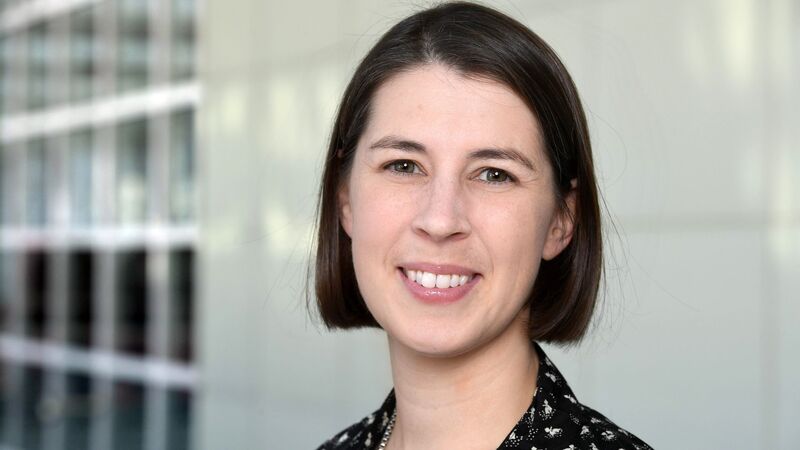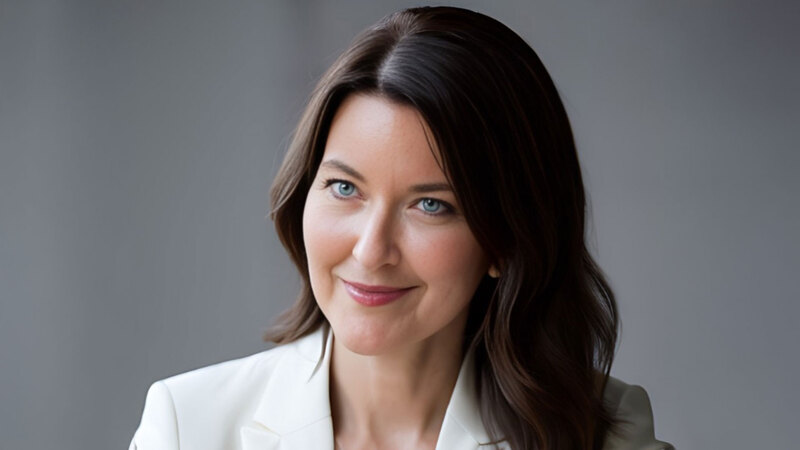You are viewing your 1 free article this month. Login to read more articles.
Plan S will make 2021-22 tough years for publishers, predicts Inchcoombe
The years from 2021 to 2022 will be tough for academic publishers as they struggle to adapt to the requirements of Plan S, with an increase in overheads putting particular pressures on small to medium-sized companies, a FutureBook panel on Open Access heard yesterday (Monday 25th November).
In a panel titled Leading from the Front: How Publishers Can Drive the Open Access Debate, Steven Inchcoombe, chief publishing officer at Springer Nature, said that while he welcomed the year's delay of the introduction of Plan S, to January 2021, it still left a very short time to implement the architectural business changes involved.
"What we have to avoid at all costs is, in 2021 and 22, as [Plan S] is being applied, publishers having to turn down an author because they can't meet their funder's needs," he said. "When the funding arrangements get in the way of academics choosing the right publisher for their research - at that point we are all shooting ourselves in the foot. Unless we get it sorted in 2020, we will start having a series of adverse consequences in 2021 and beyond."
Meanwhile the lack of any broad international consensus on Open Access meant that publishers - who operate so internationally - would be struggling to comply with multiple different regimes and sets of rules, he said. "We are all going to be dealing with an unsustainably complex world. At some point it will converge, but if we can't sort that out beforehand, there is going to be a lot of cost incurred, a lot of extra time, a lot of complexity before we arrive at the end stage. That may be something large publishers can cope with but small and medium publishers are going to be so much more adversely affected because that diversity creates an overhead, and that's a relatively fixed cost whether you've got £1m of revenue, £100m, or £1bn."
Richard Fisher, vice president of The Royal Historical Society, warned that the approach of Plan S was already affecting learned societies. "There is evidence that some very small specialist learned societies in the arts and social sciences are being approached by their current publishing partners who are saying, 'We don't think you are going to be able to sustain the Plan S transformation' - and that is quite an important moment," he said. "There are plenty of tiny societies, particularly in history, which have minute bodies of work that matter very much to their members and subscribers and which have no way to transfer successfully to a Plan S/cOAlition S future, and if they are working with an existing publisher, some of them are being told they will have to look elsewhere because they don't fit the models that larger imprints are setting up to cope with the transition and that's a real worry. It really matters to us, that that diversity of excellence remains. I think in the end the coalition doesn't really care, the whole driver of Plan S was science, and this is considered collateral damage."
Inchcoombe was concerned about the effects on hybrid journals, which are opposed by Plan S. "We should be embracing a mixed model so that with those journals which have a long history of providing value, peer review, and trust and metrics, we can help them transition and not eliminate them from the landscape," he said. "Trust and metrics take a long time to build up. So the issue is whether you embrace [those journals] and enable [them] change or decide 'No, that's collateral damage, we care more about the large picture rather than the diversity of publishers that serve everybody'."
Fisher raised the issue of major publisher profit margins as an issue in the relationship between publishers and policymakers. "We can't deny the fact that the levels of profit made by the likes of Elsevier are a problem in our policy discussions," he said. "When you talk to senior people, there is always this suspicion and a sense of 'We are being ripped off' fundamentally, and we haven't got beyond that as an industry."
Kate Worlock, vice president and lead analyst for advisory company Outsell, made the point that policy-makers needed to understand and respect the motivations of players in the academic landscape. "Putting mandates in place is all very well, but it's not a reward or incentive, it's forcing you down a path," she pointed out. "For some of the large publishers such as Elsevier, it needs to maintain its profit margins, it has shareholders it reports to on a quarterly basis, and there has to be an understanding that that's the case. Over 15, 20 years, there might be an expectation that profit margins will go from 40% to 25% [with time to prepare for that] but you can't run a business and expect to invest in the future of scholarly communications - data and analytics, tools - without making a margin."


















